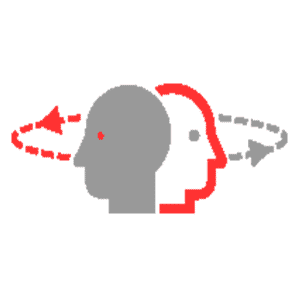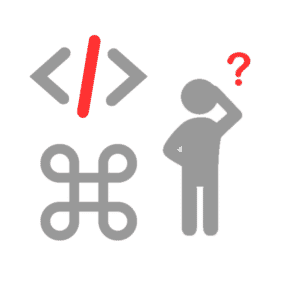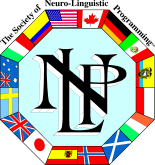
NLP Ambiguities
In NLP Ambiguities come in a variety of flavors. Phonological Ambiguity, Syntactic Ambiguity, Scope Ambiguity and Punctuation Ambiguity. Ambiguity or vague usage of language, literally means lack of specificity. You can utilize these patterns by taking advantage of everything in the listeners experience. You can use both internal and external environments to support the intention of the speaker. While working with a client, the door to your working room mistakenly opens. Instead of getting frustrated and annoyed, you start to utilize your environment.











